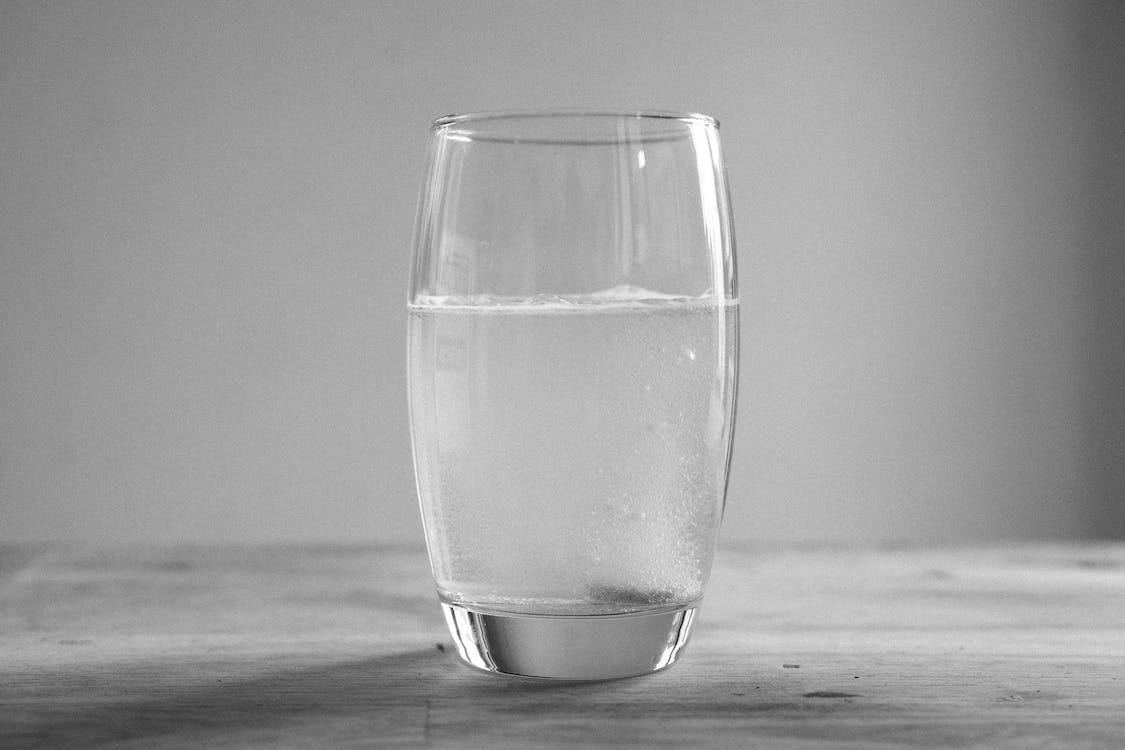Water is an essential component of human life, as it plays a crucial role in the proper functioning of our bodies. It is needed for digestion, absorption, and transportation of nutrients, as well as for the elimination of waste products. Water also helps regulate body temperature, lubricate joints, and protect tissues and organs. Furthermore, staying hydrated can improve skin health, boost energy levels, and enhance cognitive performance.
How much water is in the human body:
The human body is composed of approximately 70% water. This varies depending on age, gender, and body composition. For example, males tend to have more water in their bodies than females, and lean individuals generally have more water than those with a higher body fat percentage.
How much water should be ingested by each human daily:
It is generally recommended that individuals consume at least eight glasses of water per day, which is equivalent to about two liters or half a gallon. However, this amount may vary depending on factors such as age, gender, activity level, and climate. In addition, other sources of water, such as fruits, vegetables, and soups, can contribute to overall hydration. According to our body weight we must ingest 33ml/kg of body weight
Percentage of water in different parts of the body:
The percentage of water in different parts of the body can vary significantly. For example, blood is approximately 83% water, while bone contains only about 31% water. Other organs, such as the brain, lungs, and muscles, contain varying percentages of water, with the highest levels found in muscle tissue.
Diseases caused by lack of water in the human body:
Dehydration is a condition that can occur when the body loses more water than it takes in. This can happen as a result of sweating, urination, or vomiting, and can lead to symptoms such as thirst, fatigue, dizziness, and confusion. In severe cases, dehydration can cause organ failure and even death. Asthma, BP, Debates, peptic ulcer can also caused by prolonged dehydrated conditions of our body. Hence we must ingest sufficient amount of water daily.
Disease cured by using water:
Mild dehydration can usually be treated by simply drinking more fluids, such as water, sports drinks, or coconut water. In more severe cases, intravenous fluids may be necessary to rehydrate the body. To prevent dehydration, it is important to drink enough fluids throughout the day, especially during periods of high activity or in hot weather.
Water for Asthma Cure:
Water is a chronic respiratory condition. However, staying hydrated by drinking sufficient water can help in maintaining healthy respiratory function and preventing the exacerbation of asthma symptoms. Dry air can irritate the airways, leading to increased bronchial reactivity and worsening of asthma symptoms. Drinking water can help keep the respiratory passages moist and reduce irritation, potentially alleviating some asthma symptoms.
Water and Dyspeptic Ulcer:
Peptic ulcers, which are sores that develop in the lining of the stomach or duodenum. Treatment for dyspeptic ulcers typically involves medications such as proton pump inhibitors (PPIs), antibiotics to eradicate H. pylori infection (a common cause of ulcers), and lifestyle changes such as avoiding alcohol, tobacco, and spicy foods. However, drinking water can help to maintain proper hydration, which is important for overall digestive health and may aid in the healing process of ulcers by promoting a healthy stomach lining.
Water for Controlling Blood Pressure:
Staying properly hydrated by drinking enough water can help in regulating blood pressure. Dehydration can cause blood volume to decrease, leading to increased heart rate and higher blood pressure. Drinking water helps maintain adequate blood volume, which in turn can help regulate blood pressure within the normal range. However, managing blood pressure typically requires a comprehensive approach that includes lifestyle changes, such as a healthy diet, regular exercise, and medication as prescribed by a healthcare professional.
Water for Controlling Diabetes:
Drinking sufficient water can help with weight management and overall health, which may indirectly contribute to diabetes management. Proper hydration can also help with regulating blood sugar levels by supporting kidney function, which plays a role in filtering and excreting excess sugar from the body. It is important to note that diabetes management requires a holistic approach that includes medication, blood sugar monitoring, a healthy diet, regular exercise, and lifestyle changes as recommended by a healthcare professional.
Water for Controlling Dehydration:
Dehydration is the state of not having enough water in the body, and it can have a negative impact on overall health, including cognitive function, physical performance, and temperature regulation. Drinking water regularly and staying properly hydrated can help prevent dehydration and its associated risks. Water is essential for various bodily functions, including maintaining electrolyte balance, supporting digestion, and facilitating cellular processes. Ensuring adequate water intake is crucial in preventing dehydration and maintaining optimal health.
(Nutrition Life Circle)

My Self Hari singh choudhary
S.N.H.S. Dip.(Holistic nutrition), London, S.N.H.S. Dip. (Advanced Nutrition), London, S.N.H.S. Dip. (Holistic Pain Management), London, S.N.H.S. Dip. (Nutrition for Age 50+), London, S.N.H.S. Dip. (Plant-Based Nutrition), London, S.N.H.S. Dip. (Vegetarian & Vegan Nutrition,) London, Certified Diabetes Educator’s (INDO-VIETNAM MEDICAL BOARD, Associate member of The International College of Holistic Medicine, England.
NATURAL DISEASE ERADICATION
[ NUTRITION THERAPY ]
For Business inquiry:-
Email: nutritionlifecircle@gmail.com
WhatsApp Number: +91 9425090558

काफी रोचक जानकारी ले।लिए थैंक्स
Super 👌
Very useful knowledge.
Very useful knowledge for health.